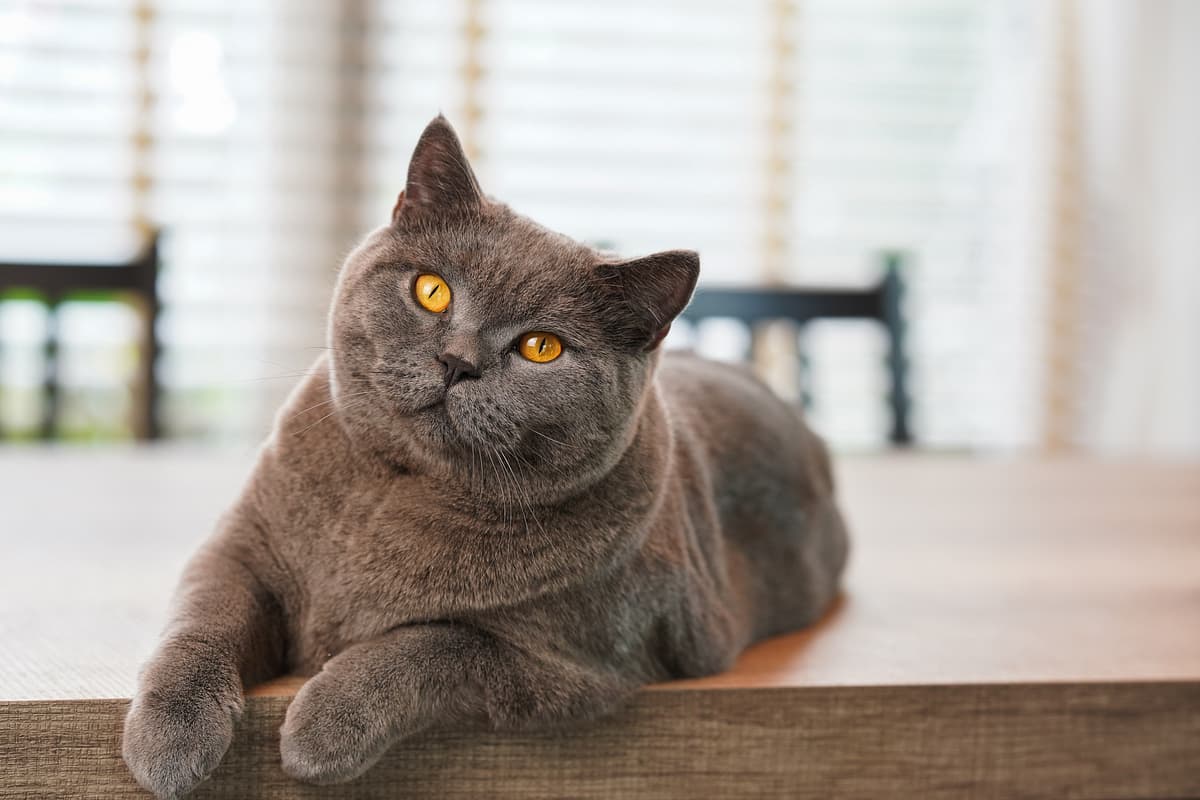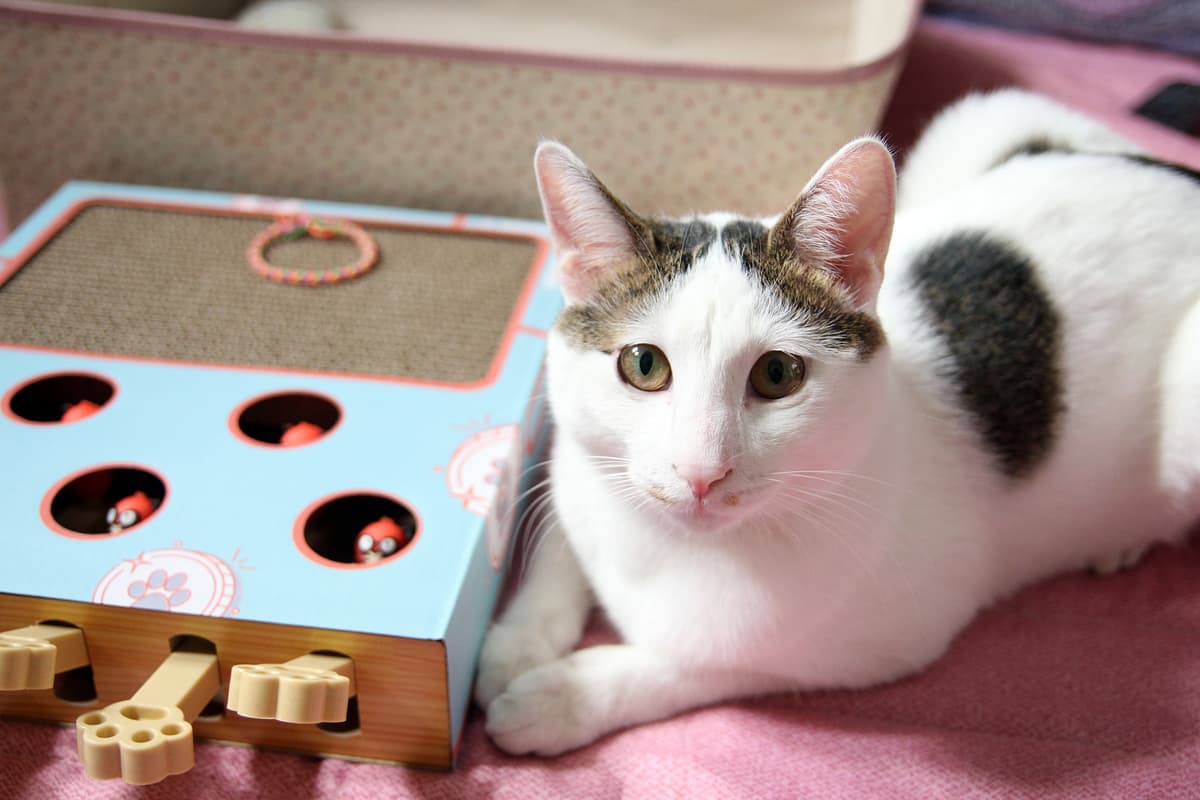British Shorthair vs Japanese Bobtail
Discover the differences between British Shorthair and Japanese Bobtail to make the best choice for your situation.
Try different breeds

British Shorthair
Round-faced, plush-coated, and calm, this breed charms with its affectionate yet independent nature. Adaptable and gentle, it thrives as a loving companion in any home.

Japanese Bobtail
Lively, playful, and affectionate, this breed charms with its expressive eyes and signature pom-pom tail. Adaptable and social, it thrives as an interactive and loving companion.
Quick comparison
Large
5–9 kg
Shorthaired, plush
12–17 years
4–7 kg
Low activity needs
Medium
2.5–4 kg
Shorthaired, silky
9–15 years
2–3.5 kg
High energy
Personality & behavior
Compare the personality traits and behavioral characteristics of both breeds.
British Shorthair
Calm and gentle with people and children
Learns routines and commands fairly quickly
Usually low-energy, prefers lounging to running
Enjoys toys but not overly active
Adjusts well to new environments and changes
Japanese Bobtail
Outgoing and affectionate with people and pets
Learns quickly and solves simple problems
Enjoys active play and exploring spaces
Engages in games and interactive activities
Adjusts well to new environments and changes
Care needs
Exercise, grooming, and daily care requirements
British Shorthair
Hypertrophic cardiomyopathy, gingivitis
Japanese Bobtail
Tail kink, obesity
Suitability
How well each breed fits different living situations and families
British Shorthair
Great choice
British Shorthairs are easygoing and forgiving, making them manageable for new cat owners.
Very suitable
Their calm nature and moderate activity level suit smaller living spaces well.
Not ideal
They prefer a calm environment and may be overwhelmed by constant activity.
Perfect fit
Their gentle and patient temperament makes them safe around young children.
Highly suitable
They usually get along with other pets due to their non-territorial attitude.
May get lonely
Extended solitude can lead to boredom or stress for this affectionate breed.
Japanese Bobtail
Great choice
Japanese Bobtails are friendly, adaptable, and easy to care for as first pets.
Highly suitable
Their playful nature works well in smaller apartment spaces.
Perfect fit
They thrive in homes with lots of activity and playtime.
Very friendly
They are gentle and sociable, making them safe around young children.
Well-adjusted
Japanese Bobtails usually get along with other pets.
Not ideal
They dislike being left alone and may become bored or anxious.
Breed strengths
What each breed excels at and their best qualities
British Shorthair
- Calm and easygoing temperament
- Tolerates children and other pets well
- Low grooming needs due to dense coat
- Adaptable to indoor living environments
- Generally robust and healthy breed
Japanese Bobtail
- Playful and energetic nature
- Strong social bonds with family
- Adaptable to new environments
- Generally robust health and longevity
- Low grooming needs due to short coat
Challenges & considerations
Potential challenges and considerations for each breed
British Shorthair
- Can be prone to obesity if overfed
- May dislike being carried or cuddled
- Needs mental stimulation to prevent boredom
- Can develop dental issues without care
- May be reserved with unfamiliar people
Japanese Bobtail
- Can be vocal and attention-seeking
- May dislike being left alone
- Needs regular interactive playtime
- Prone to stress in noisy settings
- Can be persistent in seeking attention
Ready to choose your perfect breed?
Learn more about each breed or compare other breeds to find the perfect match for your lifestyle.
Discover more helpful tools
Make use of our other free tools to get the most out of your pet experience

